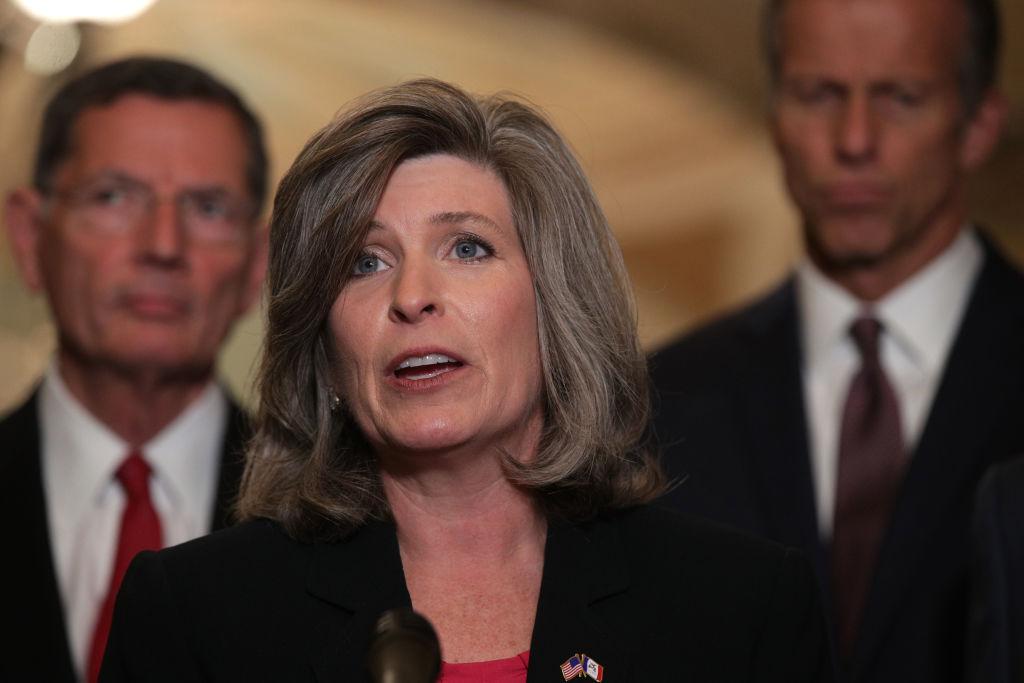Sen. Joni Ernst (R-Iowa) handed out her monthly Squeal Award on Nov. 22, an “award” that targets wasteful government expenses. Her goal is to “cut wasteful spending and make Washington squeal,” according to her website.
Ernst’s latest award targets “pension poaching.” Elderly veterans are targeted by companies that use all kinds of tricks to deceive them out of their pension money, according to an October report by the Government Accountability Office (GAO).





